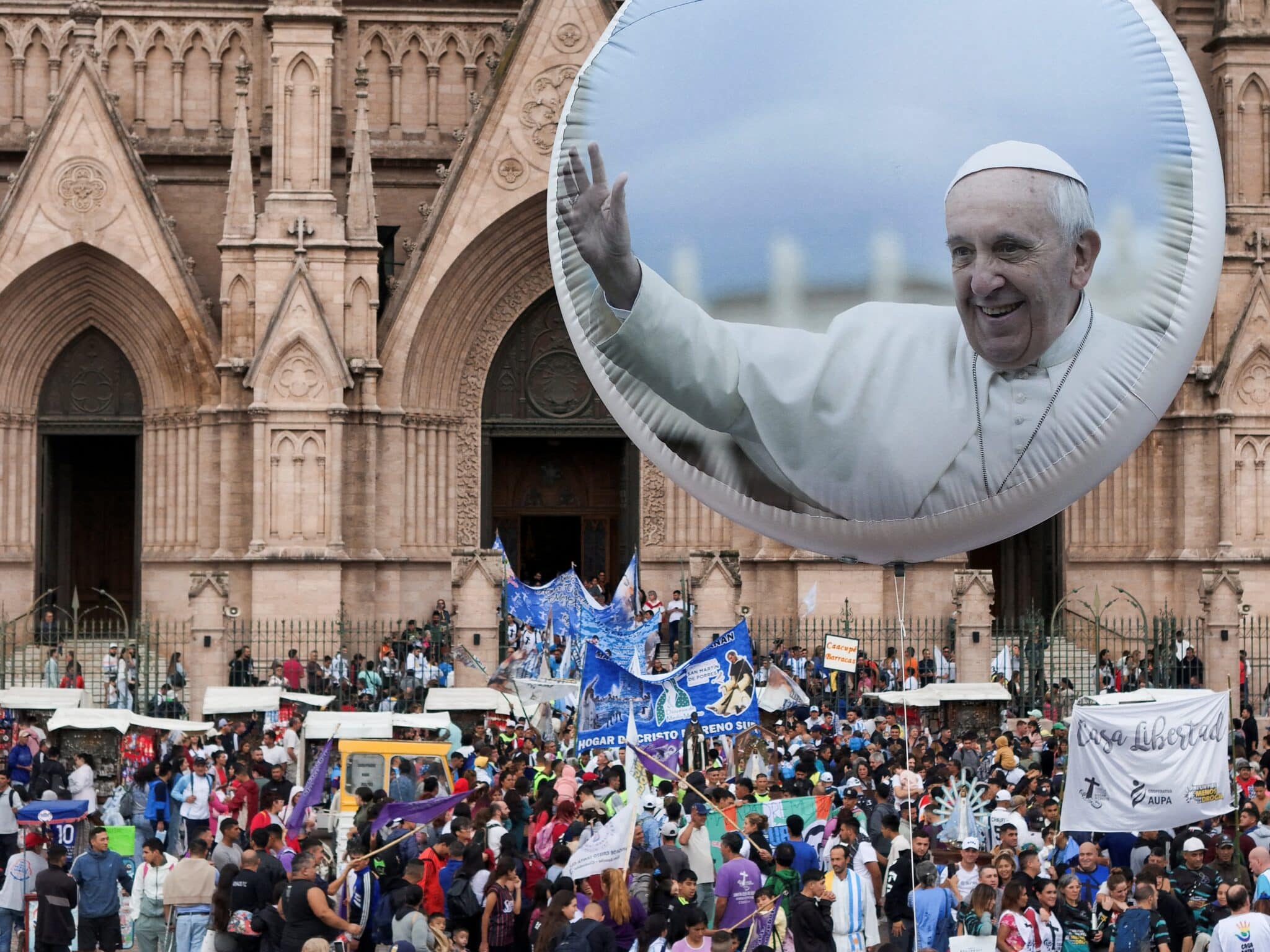Q. The term born again has become very popular among many Christians now, but I am not sure of its meaning. I suspect that it is misused or misunderstood by many people who proudly use it. Also, we read in John 3:5, “Amen, amen, I say to you, no one can enter the kingdom of God without being born of water and the Spirit. ” Is “water ” here the same as Baptism?
A. The Gospel of John frequently uses paradox or a misunderstanding of something that Jesus says. In this case, the Greek word translated as “again ” can also mean “from above. ” Nicodemus, to whom Jesus was speaking, initially understood it to mean “again ” and immediately objected that a physical rebirth was impossible.
Jesus responded that he did not mean “again ” in the sense of physical rebirth. Someone born from above is open to God’s grace and allows that grace to have deeper and wider effects in the person’s life. Jesus is encouraging Nicodemus to be baptized.
I share your concern that the term born again can be misunderstood or misused. It can suggest that no further conversion is needed or even possible as though the person is saying, “God, you’ve got nothing on me now. ” That would be a false sense of security, a danger for all people who identify themselves as religious.
No human action can force God into a corner, so to speak. God chooses to love in a wildly generous way, which many people over the centuries have found very unsettling. Thus they mentally fashion a narrower God, one more to their liking. In doing so, they also become narrower themselves, constantly calculating who is in and who is out with their very unbiblical God. Perhaps that happened to the people condemned for not feeding the hungry, clothing the naked, or performing other works of mercy (Mt 25:41â46).
“Water and the Spirit ” in the quote above does refer to the Sacrament of Baptism. Because we cannot force God into a corner, we cannot say that only people who have received this sacrament can be saved.








